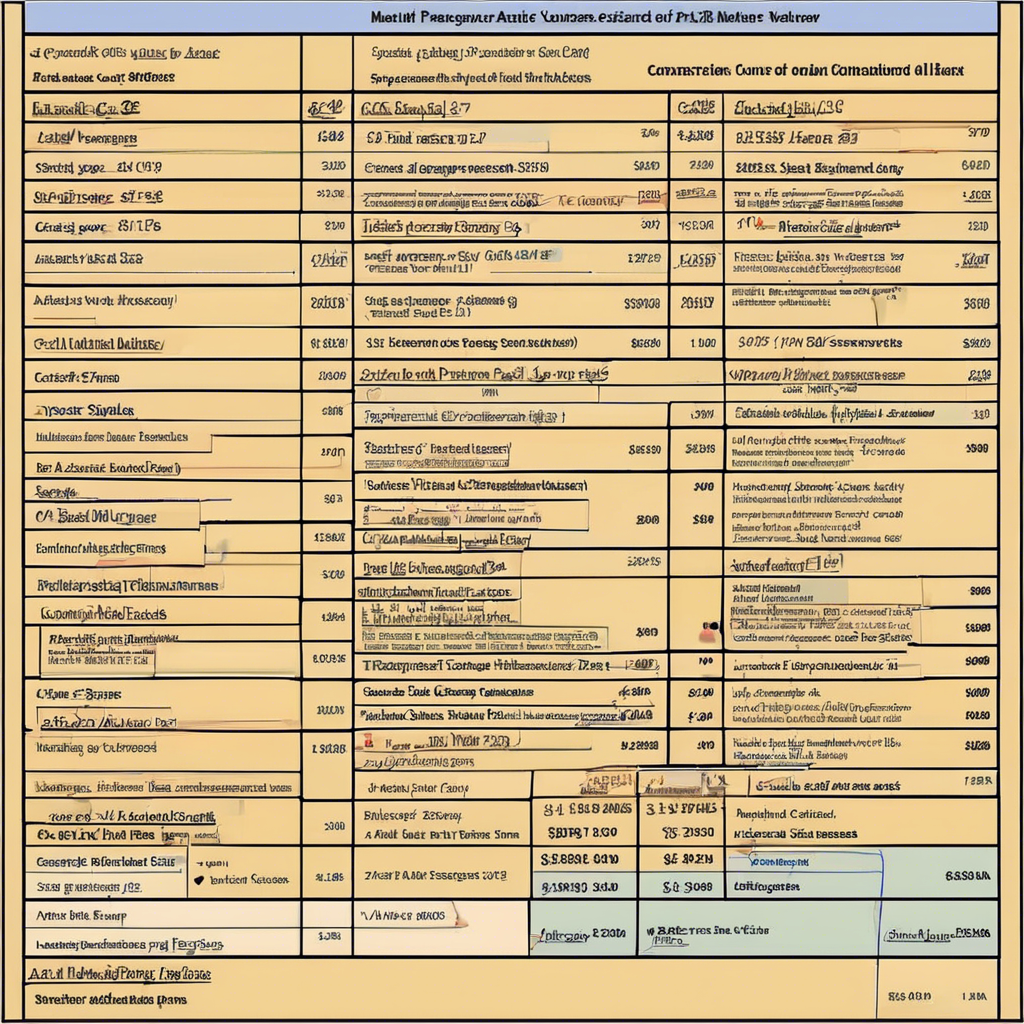The cost of pursuing a Master of Business Administration (MBA) degree is a significant consideration for many prospective students. Understanding the various fees associated with an MBA course can help individuals make informed decisions about their education and future career opportunities. In this article, we will explore the different types of fees that students may encounter when pursuing an MBA, as well as factors that can influence the overall cost of obtaining this advanced degree.
Tuition fees are one of the primary expenses that students need to budget for when considering an MBA program. These fees cover the cost of instruction, course materials, and access to academic resources. Tuition fees can vary widely depending on the institution, program length, and location. Students should research different schools and programs to compare tuition costs and determine what is affordable for their individual financial situation.
In addition to tuition fees, many MBA programs also require students to pay additional fees for various services and resources. These fees may include technology fees, library fees, and student activity fees. It is important for students to understand all of the additional fees that may be associated with a particular program, as these costs can quickly add up and impact the overall affordability of pursuing an MBA.
Some MBA programs also require students to pay a one-time application fee when applying for admission. This fee typically covers the cost of processing the application and may vary depending on the institution. Students should be prepared to budget for application fees when considering multiple programs to apply to, as these costs can quickly accumulate.
Another factor that can influence the overall cost of an MBA program is the length of the program. Some programs can be completed in as little as one year, while others may take two years or more to finish. The longer the program, the more tuition and fees students will need to pay over the duration of their studies. Students should consider the total cost of the program when deciding on the length of time they are willing to commit to their education.
In addition to tuition and fees, students pursuing an MBA may also incur living expenses while attending school. These expenses can include housing, food, transportation, and other personal costs. It is important for students to budget for these expenses in addition to tuition and fees to ensure they can comfortably afford their education without taking on excessive debt.
Scholarships and financial aid options can help offset the cost of pursuing an MBA degree for many students. Many schools offer merit-based scholarships, need-based scholarships, and other forms of financial assistance to help students cover tuition and fees. Students should research scholarship opportunities and apply for financial aid to help reduce the out-of-pocket costs of their education.
Some employers may also offer tuition reimbursement programs for employees pursuing an MBA degree. These programs can help employees further their education while continuing to work full-time. Students should inquire about tuition reimbursement options with their employer to determine if this is a viable option for funding their MBA studies.
It is important for students to carefully consider the return on investment (ROI) of pursuing an MBA degree. While the cost of obtaining an MBA can be significant, the potential increase in earning potential and career advancement opportunities that come with this advanced degree can outweigh the initial expenses. Students should weigh the cost of the program against the potential benefits to determine if pursuing an MBA is a worthwhile investment in their future.
In conclusion, the cost of pursuing an MBA degree can vary depending on a variety of factors, including tuition fees, additional fees, program length, living expenses, and financial aid options. Students considering an MBA program should carefully research and budget for all associated costs to ensure they can afford their education without taking on excessive debt. By understanding the fees and expenses associated with an MBA program, students can make informed decisions about their education and future career opportunities.
